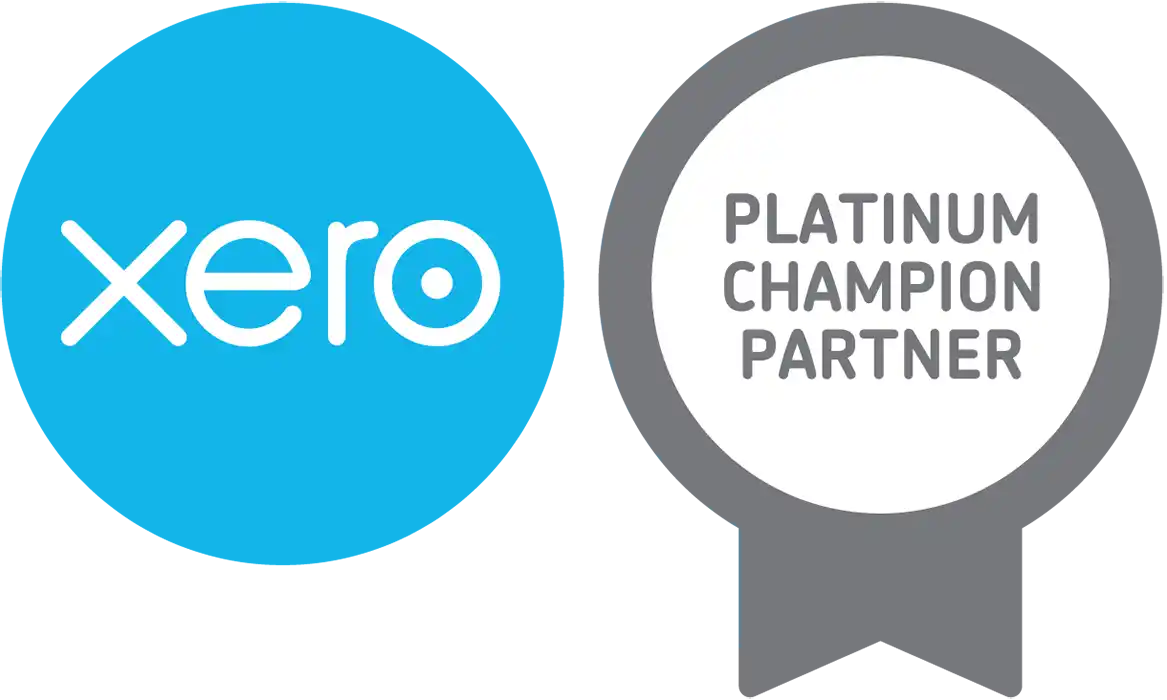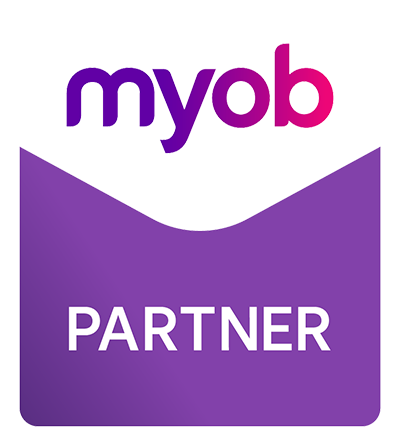dynamizegroup
April 10, 2024

The Fringe Benefits Tax (FBT) year ended on 31 March 2024.
With the ever-increasing budget deficits (as a result of COVID-19), the ATO will be reviewing whether all employers who should be paying FBT are paying it, and that they are paying the right amount.
The ATO has recently announced that the ‘FBT gap’ is now over $1.3 billion and they will be deploying resources for FBT compliance to close this gap.
What is Fringe Benefits Tax?
Fringe benefits tax (FBT) is a tax that is levied on non-cash benefits that employers provide to their employees (or to their employees’ family or other associates) in addition to their salary or wages. FBT is separate to income tax. It’s calculated on the taxable value of the fringe benefit.
As an employer, you must assess your FBT liability for the FBT year (1 April to 31 March). If you have an FBT liability, you must lodge an FBT return and pay the FBT you owe. Read more about FBT on the ATO website here.
What is a Fringe Benefit?
A fringe benefit is like a payment to an employee, but in a different form to salary or wages. Fringe benefits can include things like:
- Accommodation
- Company cars
- Health insurance
- Gym memberships
- Meals and entertainment expenses
- Parking.
There are different types of fringe benefits. Essentially, any non-cash benefit that an employer provides to an employee can be considered a fringe benefit and may be subject to FBT.
Employer FBT Obligations
To help you meet your FBT obligations, the tax experts at Dynamize Chartered Accountants have put together the following essential information every employer needs to know about FBT and should review every year:
- Who should be registered for FBT
- Whether you should lodge an FBT Return even if no FBT is payable
- Key things you MUST do on 31 March 2024
- What is exempt from FBT
- How you can reduce your FBT liability.
We’ve also prepared a suite of FBT Factsheets to help you better understand your FBT obligations as a business owner.
1. Should you be Registered for FBT?
Generally, if you have employees (including Directors) and you provide them with cars, car parking, entertainment (food and drink), employee discounts, loans, or reimburse private expenses, then you are likely to be providing a fringe benefit and we will need to register your business for FBT. There are 13 defined Fringe Benefit categories in the FBT law.
It’s important you start gathering all the details of these provided benefits as soon as possible using our annual FBT Questionnaire and Schedules, so we can calculate any potential FBT liability and lodge your FBT return on time – due with payment by 25 June 2024.
2. Should you Lodge an FBT Return even if no FBT is Payable?
Where no FBT is payable there is legally no need to lodge an FBT return, but should you lodge one anyway? Our strong recommendation to you is yes, you should lodge an FBT Return if you provide benefits to employees, even if no FBT is payable.
This restricts the ATO’s audit window to only 3 years from the date of lodgement. Otherwise, the ATO is entitled to go back an unlimited number of years and audit your business and possibly find areas where they will charge you FBT and penalties.
Please see our FBT Factsheet: How the ATO Identifies Potential Audits which outlines some of the simple points that the ATO will review if you are selected for an audit.
3. Key Things You Should Do
Whilst we strongly recommend that you register for FBT and if applicable lodge a Nil FBT Return, if you decide not to there is still key information that we need you to record as at 31 March 2024. We will then rely on this when we complete your 2024 annual Financial Statements. Here’s a summary of what you should do:
- Record the vehicle odometer readings for all motor vehicles at 31 March. This is important if your FBT can be reduced by using the ‘operating cost’ method instead of the ‘statutory formula’ method.
- Carefully manage the private use of business cars, including the travel between home and work. The ATO is conducting a data matching program aimed at motor vehicles to capture benefits that aren’t currently being reported through FBT. If significant variances are identified a full ATO audit may follow.
- Review all meal entertainment expenses provided to employees, associates and clients and prepare a register that outlines the following for every event:
- The total cost (GST inclusive)
- How many employees were present and their names
- How many employees’ associates were present and their names
- How many clients were present (names not needed)
- The nature of the event (dinner, lunch, coffee, drinks, etc.)
4. What Items are Exempt from FBT?
The following items are unlikely to be subject to FBT: mobile phones, laptops, tablets, portable printers, protective clothing, tools of trade etc, or minor and infrequent benefits that are less than $300 in value.
5. Ways you can Reduce your FBT Liability
Here are some ways in which you can reduce your FBT liability:
- replace your fringe benefits with cash salary
- provide benefits that your employees would be entitled to claim as an income tax deduction if they had to pay for the benefits themselves
- look at providing benefits that are exempt from FBT
- use employee contributions, for example, an employee paying for some of the operating costs of car fringe benefit such as fuel that you don’t reimburse them for. You need to be aware that employee contributions will be deemed assessable income to you and subject to GST.
Next Steps
The FBT year ended on 31 March 2024, so be sure to complete the FBT Questionnaire we emailed to you (and any required schedules) and return to our office as soon as possible. We will review these documents and then provide you with an upfront price for our services before we begin any work.





